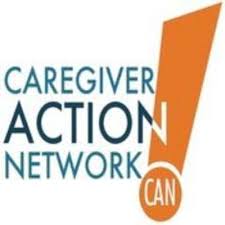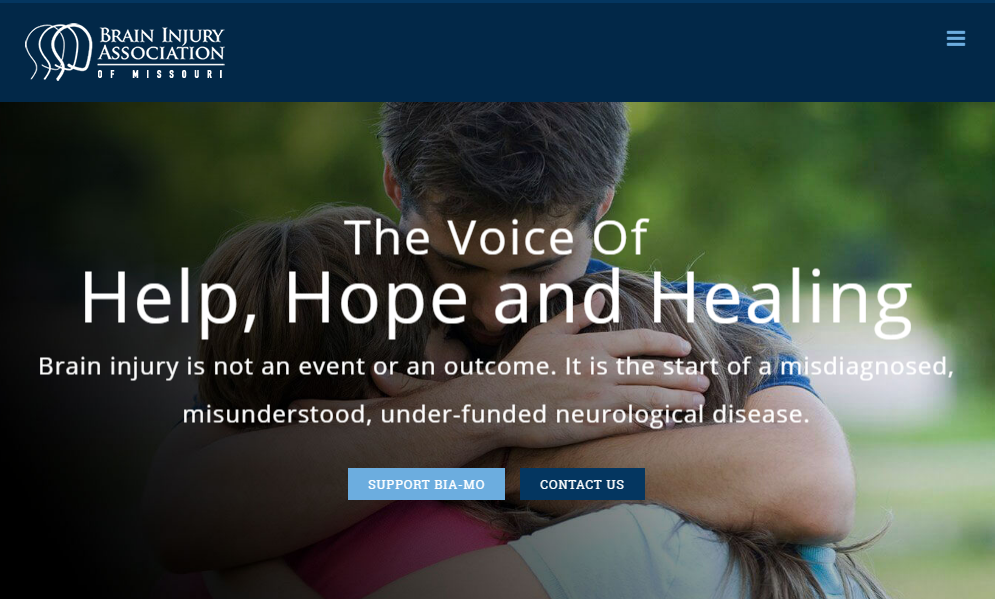Six Reasons Why People Don’t Take Their Blood Pressure Medicines
Tai Prohaska, Allsup
High blood pressure increases the risk for heart disease and stroke, two leading causes of death and disability in the U.S.
Blood pressure medicine (along with a healthy diet and exercise) can protect the heart, brain and kidneys by keeping blood pressure under control, but only if patients take it. According to the Centers for Disease Control and Prevention (CDC), many of the 75 million people with high blood pressure in the U.S. do not have it under control.
According to statistics, if you are an adult American, there’s about a 1 in 3chance you have high blood pressure. The odds are even greater that you know someone with high blood pressure. So, during American Heart Month in February, take the following information to “heart,” share it and take action.
The CDC lists reasons why many Americans do not take their blood pressure medicine:
- They don’t have it: Nearly 25 percent of new prescriptions for blood pressure medicine are never filled.
- They don’t have symptoms. People with high blood pressure often don’t have symptoms and don’t treat a problem they don’t notice.
- The directions are complex. People don’t know when to take which pills when they have multiple medicines.
- They don’t like the side effects.
- They forget to take their medicine or refill their prescriptions on time (see reason number one).
- They cost too much (again, see reason number one).
What you can do
The CDC suggests the following steps to manage or help a loved one manage blood pressure medicine:
- Follow your healthcare team’s instructions on how much medicine to take, how often, and how long to take it.
- Ask questions about how to correctly take your medicines and why you need them.
- Use a blood pressure monitor at home to keep track of your blood pressure between medical appointments.
- Use weekly pill boxes or a mobile app to keep track of when to take medicines.
In addition, you can:
- Ask your healthcare provider to simplify blood pressure treatment. For example, ask for 90-day refills and combination medicines and coordinate pill refills for the same date.
- Ask for generic medicines.
- Talk to your healthcare provider about unwanted side effects and ways they can be lessened or eliminated.
- Share this blog with someone with high blood pressure and ask if you can help them with reminders.
Allsup has helped many people with high blood pressure and cardiovascular conditions obtain Social Security Disability Insurance (SSDI) benefits when they could not continue working. The online tool, empower by Allsup®, makes it to find out if you are likely eligible for SSDI benefits.
To read personal stories of people forced to stop working because of high blood pressure or heart disease, visit Allsup.com.
Allsup
Related Articles

Uncategorized
Helping Family Caregivers With What They Need to Know

Uncategorized
Understanding MS and Disability Benefits

Uncategorized
BIA-MO Gets Real about Brain Injury Awareness

